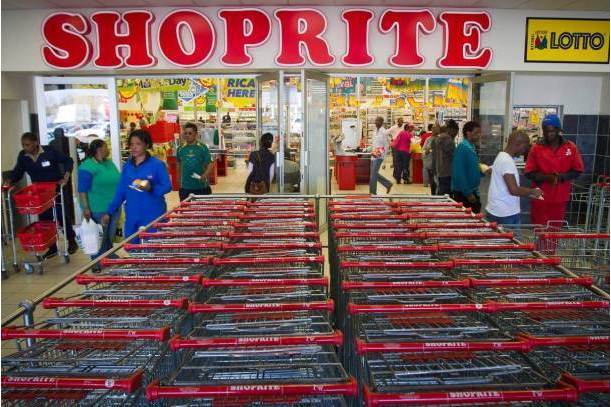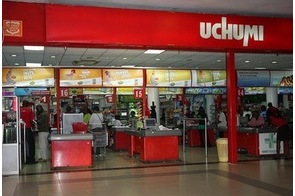Latest News
Nigeria’s weak economy affects retail chains, supermarkets – new report

News Highlight
Research and Markets said sale of food in retail chains and supermarkets account for a minor percentage of the overall market.
A new report on Nigeria's wholesale and retail food industry reveals that the country's poor economic conditions in recent years have affected the performance of the sector, especially formal supermarkets. The report, "Wholesale and Retail of Food in Nigeria 2019," was released today by Research and Markets, a United States-based market research company.
The report profiles 16 companies, including a major retailer, Shoprite; fast-moving consumer goods (FMCG) companies like Nestlé Nigeria and Unilever Nigeria; food manufacturers such as United Africa Company of Nigeria (UAC); and independent grocery chain, Addide. The report provides information on the size and state of the sector, the infrastructure as well as demand. It also includes the state of online retail and development of shopping malls.
According to a statement released by Research and Markets, retail chains and supermarkets account for a minor percentage of food sale in Nigeria. The majority of retail food is still traded in the informal market in open-air markets. Retail food is food purchased by consumers and consumed off-premise as opposed to restaurant food.
While acknowledging the key retail opportunity in the country due to Nigeria's large consumer base and growing demand – which sparked interest from major retail investors – the report said the recession in 2016 and low oil prices saw investment interest decline.
National Bureau of Statistics (NBS) data also shows the country's wholesale and retail trade sector has been experiencing protracted sluggishness. Following the 2016 recession when the Gross Domestic Product (GDP) grew at -1.58 per cent, Nigeria's economy grew at 0.82 per cent in 2017 and 1.91 per cent in 2018. According to the NBS, Nigeria’s GDP grew by 2.28 per cent in the third quarter of 2019, while the trade sector contracted by 1.45 per cent in Q3 2019, down from 0.25 per cent in Q2 2019.
A 2013 report by McKinsey and Company on Nigeria's retail economy showed that Nigerians are price-sensitive and they love deals. The McKinsey report said when it comes to food 21 per cent of Nigerians said they are willing to sacrifice store environment for low prices, compared to 16 per cent of South Africans and 12 per cent of Ethiopians. In fact, Lagos residents were also more price conscious, with 55 per cent favouring low prices, compared to 20 per cent of Abuja residents and 17 per cent in Kano.
The price-sensitivity of Nigerians may be related to the low GDP per capita of less than $2,500 on average between 2013 and 2018 and persistently high inflation.
Research and Markets said formal supermarkets in Nigeria are growing from a very low base. Also, lack of infrastructure and import regulations – including the forex ban on food imports – complicate the supply chains of larger players.
The report also says food manufacturers and wholesalers have fared slightly better than retailers in recent years. A number of policies instituted by the Nigerian government in attempts to diversify the economy and reduce the country’s reliance on food imports have supported local farmers and also manufacturers.
Related News
Latest Blogs
- The Museum of West African Art saga
- The complexity and complication of Nigeria’s insecurity
- Between bold is wise and wise is bold
- Prospects of port community system in Nigeria’s maritime sector
- Constitutionalism must anchor discipline in Nigerian Armed Forces
Most Popular News
- NDIC pledges support towards financial system stability
- Artificial intelligence can help to reduce youth unemployment in Africa – ...
- Afreximbank backs Elumelu’s Heirs Energies with $750-million facility
- AfDB and Nedbank Group sign funding partnership for housing and trade
- GlobalData identifies major market trends for 2026
- Lagride secures $100 million facility from UBA





